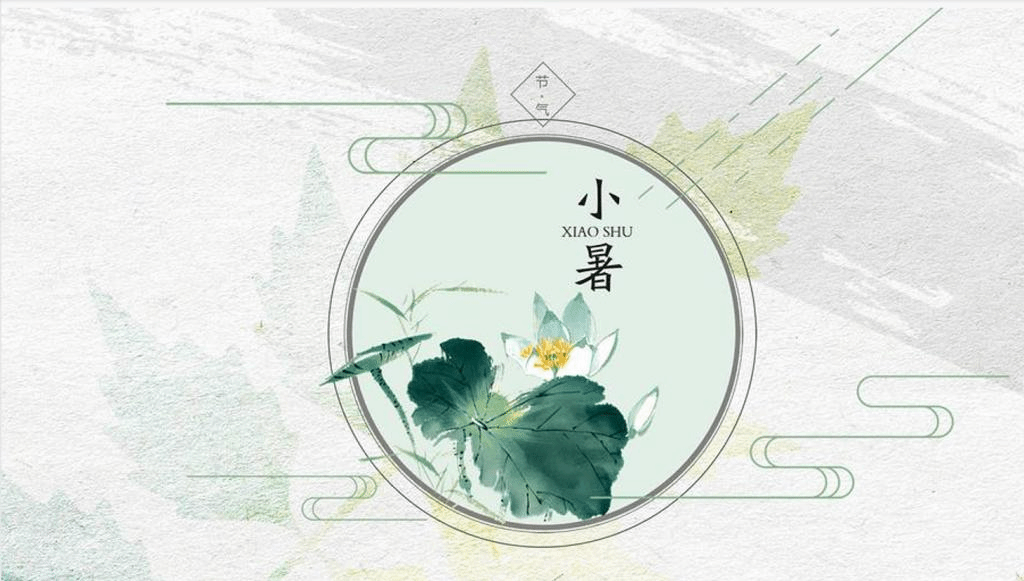Editor's note: The 24 Solar terms are an ancient Chinese calendar used to guide farming. They are the crystallization of the accumulated experience and wisdom of the working people of the Chinese nation. Since ancient China was an agricultural society, people required a strict understanding of the sun’s movement, and farming was conducted entirely according to the sun as well. Therefore, the “24 solar terms”, which reflect the sun’s movement cycle, were added to the calendar as the standard for determining leap months. The 24 solar terms are: Start of Spring, Rain, Awakening of Insects, Spring Equinox, Qingming festival, Grain Rain, Start of Summer, Grain buds, Grain in Ear, Summer Solstice, Minor Heat, Major Heat, Start of Autumn, End of Heat, White Dew, Autumn Equinox, Cold Dew, Frost’s Descent, Start of Winter, Minor Snow, Major Snow, Winter Solstice, Minor Cold and Major Cold. On November 30, 2016, China’s “24 Solar terms” were officially inscribed on UNESCO’s Representative List of intangible Cultural Heritages of Humanity. We have introduced this 24 Solar terms column to bring you a taste of the beauty of traditional Chinese culture.
Minor Heat or Xiaoshu, is the fifth solar term of the summer and the 11th of the 24 solar terms. “Xiao” means “minor” and “shu” means hot, and that’s why Xiaoshu was known as “Minor heat”. Just as the name suggests, heat is an important word for this solar term. Although Xiaoshu is not the hottest season of the year, it is immediately followed by the hottest solar term, Dashu.

Many places in China have entered a period of heavy thunderstorms since Xiaoshu. Xiaoshu is the beginning of “Fu”, bringing along heat that makes people want to lie down. “Fu” is the period of the year with the highest temperature and humidity. The monsoon climate is the main feature of China's weather patterns. In summer, affected by warm and humid air from the ocean, many parts of China are hot, humid and rainy. Although the sun is fierce, high temperature, humidity, heat, and rain in this season are conducive for crops to grow.

In the past, people in southern China had the custom of "eating new" during the season of Xiaoshu. That is, after Xiaoshu, the farmers would taste new rice. After the newly cut paddy was ground into rice, the rice was cooked to worship the god of five grains and ancestors, and then everyone ate and tasted the new wine. There is a tradition of eating dumplings in China’s northern region. People in “Fu” lose their appetite and are often thinner than usual. It is commonly known as bitter summer. In traditional customs, dumplings are foods of appetite relieve cravings. The shape of dumplings resembles ingots, otherwise referred toas "Yuanbao treasures blessings", and eating dumplings symbolizes good fortune.

After Xiaoshu, the weather will become even hotter. It is good to avoid exposure to the scorching sun to prevent heat stroke and cold winds after sweating. It is a good time to pay attention to rest, take proper afternoon naps, and stay refreshed. What’s more, people can choose to do low-intensitsy exercise in the garden in the morning or evening, such as Baduanjin and Taiji.

